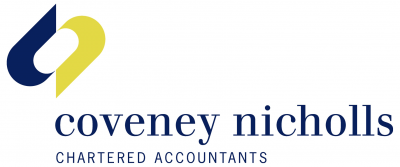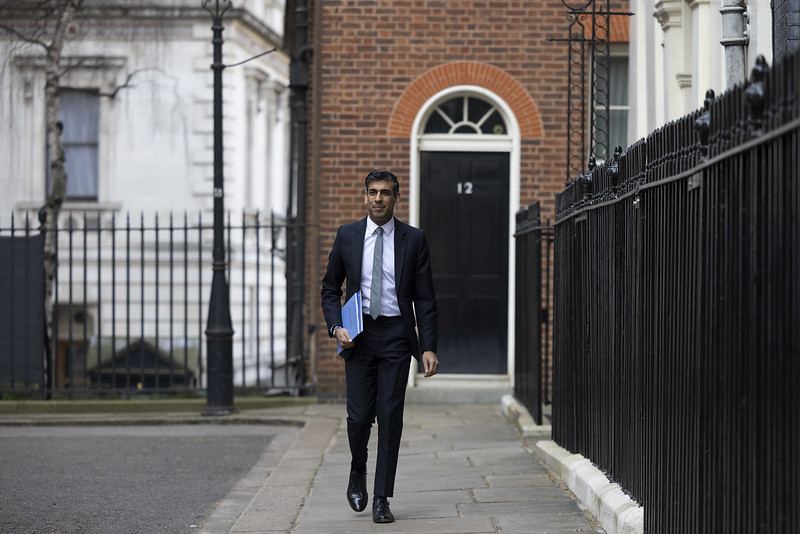With the world in a state of flux due to the war in Ukraine, and the COVID-19 pandemic still affecting millions of people, there were some who looked to Rishi Sunak and his Spring Statement as an opportunity for the Government to ease the tensions we are all facing.
Sadly, whilst there is relief for some, the changes made are still fairly insignificant in the face of rising energy bills and an anxious and uneasy UK population.
Let’s look at the announcements.
Economic update
Inflation is at a record high, with the latest figures from the Office for National Statistics showing a 6.2% jump in February, it’s clear that we’ve not seen anything like this in well over a decade.
It’s households and small businesses who will be feeling these tight purse strings limiting their ability to get on with life as normal.
The GDP of the UK isn’t going to grow like was expected – the original predicted 6% is now nearly half that at 3.8%.
Unemployment rates were down, thankfully, and were 1.1% better than expected in the first quarter of 2022 at about 3.9%. Largely this is down to a big vacancy market, and a low number of redundancies.
National Insurance
When Sunak announced the 1.25% hike in his Autumn Budget it was a source of real concern for many, especially those on lower incomes.
In the Spring Statement, Sunak announced that the National Insurance threshold will now rise to £12,750 from this July, which is about £3,000 more than the previous level of £9,880.
This aligns it with the personal allowance for income tax and should see a saving of around £330 a year for 30 million people. However, the increased rate still remains at 1.25%.
Those earning more will see little to no changes to their overall savings – if you earn £50,000 a year you’ll be paying £108 more in National Insurance in a year’s time.
Some protection for small businesses was also announced. The employment allowance will be increased to £5,000 from £4,000 – a saving of £1,000 in employer National Insurance contributions.
This should mean about half a million businesses will now pay less overall, with about 50,000 not paying any National Insurance at all.
Fuel duty
Fuel duty on petrol and diesel has been cut by 5p a litre until next March, Sunak also announced.
It means an average saving of around £3 on a normal tank, which is better than nothing – but arguably not much against the pressures of inflation.
Energy-efficient home improvements VAT
In April 2021, Sunak announced a £150 rebate on council tax bills in the A-D bands – and in October 2021 a £200 energy bill loan was announced to give struggling homeowners a helping hand with their bills.
If you’re looking to renewables as a way to reduce your energy bills long term, then the Spring Statement will interest you.
The existing 5% VAT rate on the purchase of insulation and heat pumps has been removed – which is great if you’re actively looking to employ some renewable energy in your home.
The big surprise: income tax
Sunak surprised everyone by announcing the basic rate of income tax is to be cut from 20p to 19p in the pound, by the end of this parliament in 2024.
Whilst it’s something to look forward to, and no cut is to be ignored, it does little to alleviate the immediate cost pressures people are facing.
If you’re unsure about anything that was announced in the Spring Statement, don’t worry. Contact us today, and we’ll talk it through.

